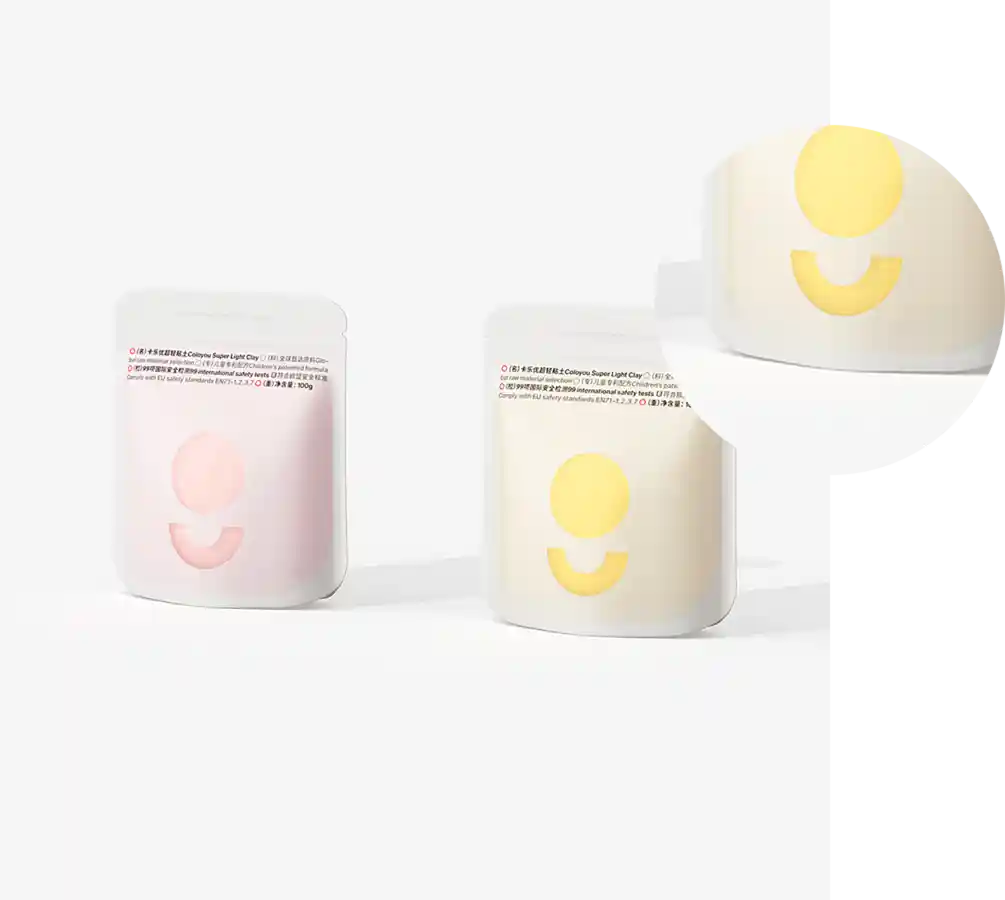- Afrikaans
- Albanian
- Amharic
- Arabic
- Armenian
- Azerbaijani
- Basque
- Belarusian
- Bengali
- Bosnian
- Bulgarian
- Catalan
- Cebuano
- chinese_simplified
- chinese_traditional
- Corsican
- Croatian
- Czech
- Danish
- Dutch
- English
- Esperanto
- Estonian
- Finnish
- French
- Frisian
- Galician
- Georgian
- German
- Greek
- Gujarati
- haitian_creole
- hausa
- hawaiian
- Hebrew
- Hindi
- Miao
- Hungarian
- Icelandic
- igbo
- Indonesian
- irish
- Italian
- Japanese
- Javanese
- Kannada
- kazakh
- Khmer
- Rwandese
- Korean
- Kurdish
- Kyrgyz
- Lao
- Latin
- Latvian
- Lithuanian
- Luxembourgish
- Macedonian
- Malgashi
- Malay
- Malayalam
- Maltese
- Maori
- Marathi
- Mongolian
- Myanmar
- Nepali
- Norwegian
- Norwegian
- Occitan
- Pashto
- Persian
- Polish
- Portuguese
- Punjabi
- Romanian
- Russian
- Samoan
- scottish-gaelic
- Serbian
- Sesotho
- Shona
- Sindhi
- Sinhala
- Slovak
- Slovenian
- Somali
- Spanish
- Sundanese
- Swahili
- Swedish
- Tagalog
- Tajik
- Tamil
- Tatar
- Telugu
- Thai
- Turkish
- Turkmen
- Ukrainian
- Urdu
- Uighur
- Uzbek
- Vietnamese
- Welsh
- Bantu
- Yiddish
- Yoruba
- Zulu
molded packaging
The Evolution and Importance of Molded Packaging
Molded packaging refers to packaging products that are made through a molding process, where materials such as plastic or foam are shaped into specific forms. This innovative method of producing packaging solutions has gained significant popularity in various industries due to its versatility, efficiency, and environmental benefits. As consumer preferences shift towards sustainability, molded packaging has established itself as a pertinent answer to modern packaging challenges.
One of the most significant advantages of molded packaging is its ability to be customized to fit various product sizes and shapes. The molding process allows manufacturers to create intricate designs that provide superior protection for the items being packaged. Compared to traditional methods of packaging, molded solutions can often minimize waste and reduce the risk of damage during transit. For example, molded pulp packaging, which is derived from recycled paper and card, is often used for fragile products such as electronics and glassware, offering a snug fit and cushioning that prevents breakage.
Sustainability is one of the driving forces behind the growing popularity of molded packaging. With increasing awareness of environmental issues, consumers are seeking more eco-friendly alternatives to traditional packaging materials, such as plastics that are difficult to recycle. Molded packaging, especially when made from renewable resources or recycled materials, meets this demand. Companies involved in molded packaging are continually innovating, developing biodegradable or compostable options that reduce environmental impact while still offering essential protection for products.
Moreover, molded packaging is designed for efficiency in production. The rapid manufacturing process, characteristic of molding, allows companies to produce large quantities of packaging in a shorter amount of time than many traditional methods. This efficiency not only reduces labor costs but also enables manufacturers to respond quickly to market demands. Custom molds can be produced relatively quickly, allowing businesses to introduce new products with tailored packaging in a shorter timeframe, enhancing their competitiveness.
molded packaging

Another notable benefit of molded packaging is its energy efficiency. During the production process, molded materials typically require less energy to manufacture compared to rigid plastics or other materials. This lower energy requirement leads to a smaller carbon footprint, aligning with global initiatives to combat climate change. Additionally, molded packaging often enhances shipping efficiency; its lightweight nature reduces transportation costs and emissions, further underscoring its appeal as a sustainable option.
In terms of aesthetics, molded packaging can be designed to appeal directly to consumers, enhancing the overall brand experience. Many brands are leveraging unique shapes and printed designs to create a memorable impression, which can drive customer loyalty and increase the perceived value of the product. This form of packaging can be an effective marketing tool, serving to differentiate the product on store shelves and engage customers in a visually stimulating way.
However, molded packaging is not without its challenges. The initial investment in mold creation can be high, which might deter some companies, particularly small businesses, from utilizing this form of packaging. Additionally, while molded packages can be efficient and sustainable, they still must compete with traditional packaging forms that are already established within many industries. Therefore, ongoing innovation and adaptation are critical to ensure molded packaging remains a viable solution across various markets.
In conclusion, molded packaging has emerged as a significant player in the packaging industry due to its unique advantages, including customization, sustainability, efficiency, and aesthetic appeal. As businesses strive to meet the demands of environmentally-conscious consumers, molded packaging stands out as an eco-friendly alternative that does not compromise on product protection or design. The continuous evolution of materials and methods in the molded packaging sphere promises a bright future, catering to both consumer demands and environmental needs in an ever-changing market.













